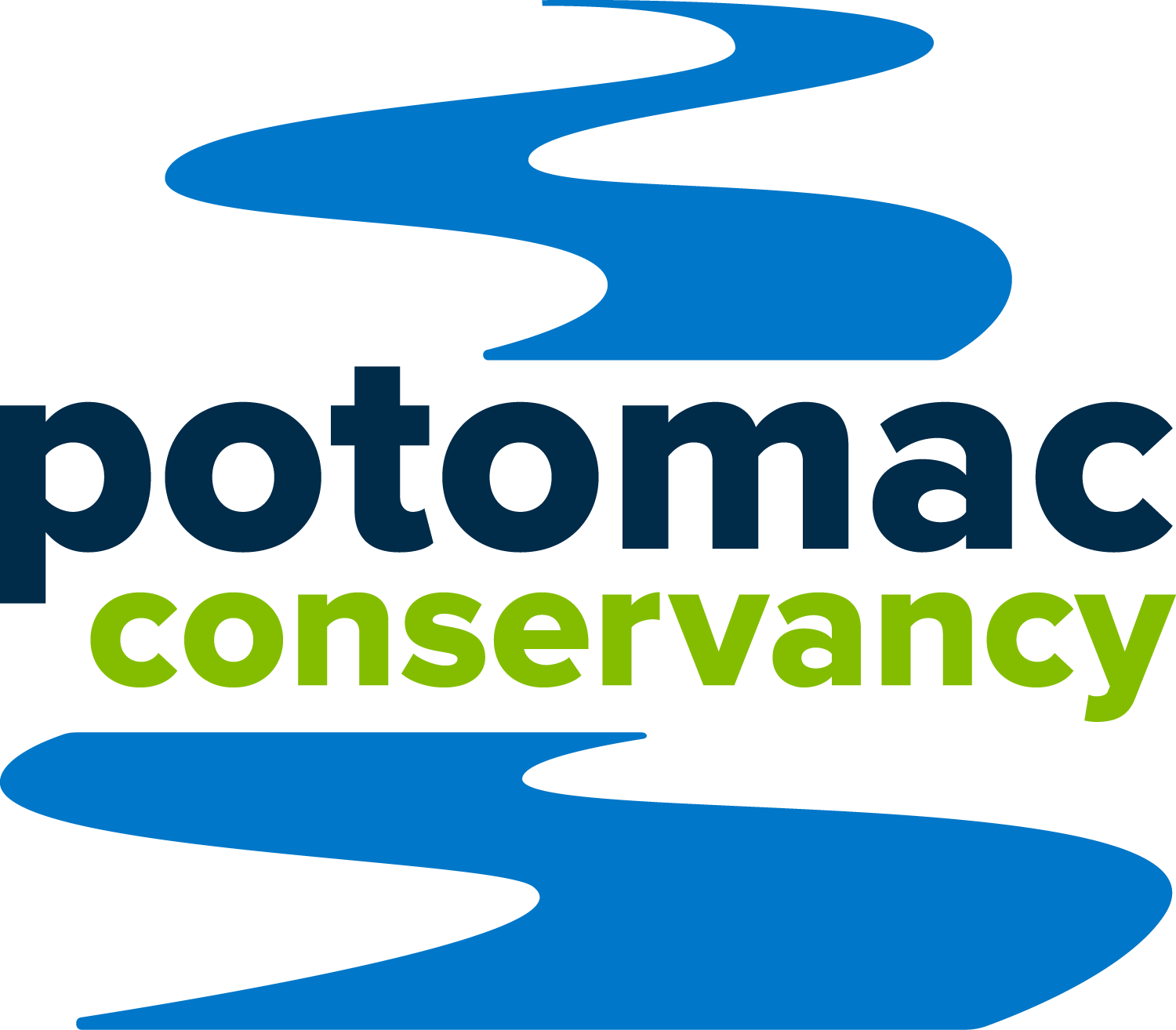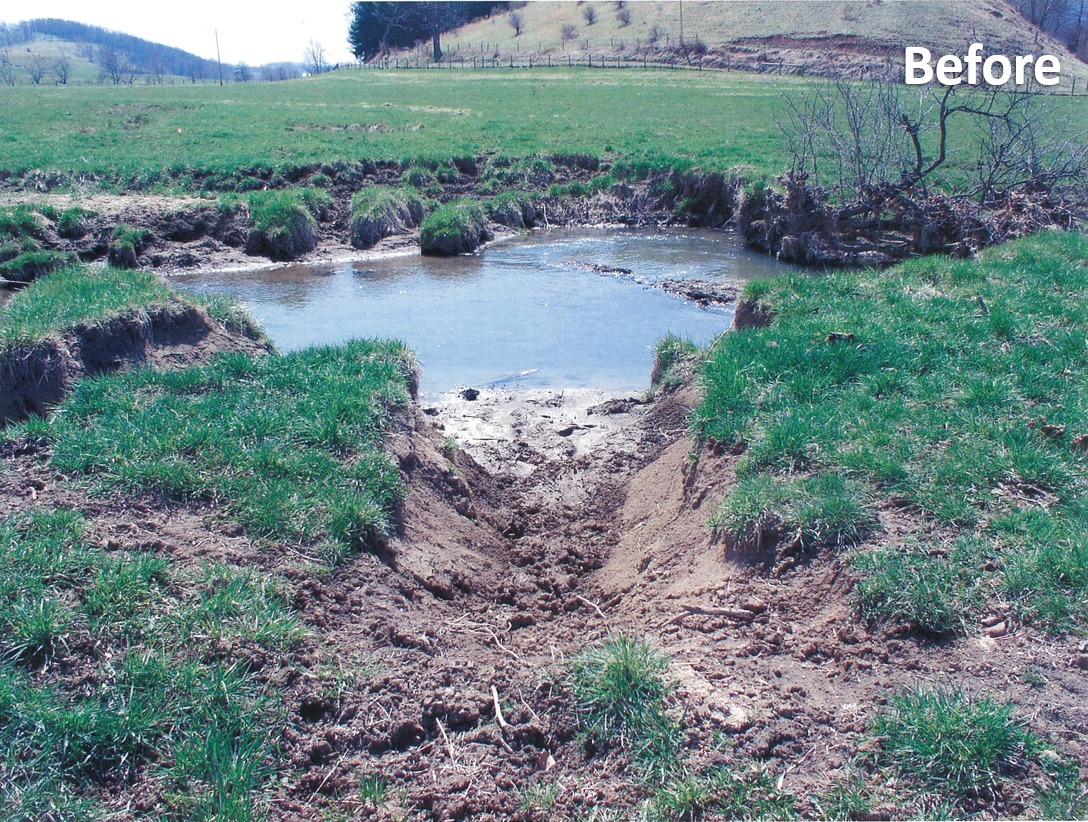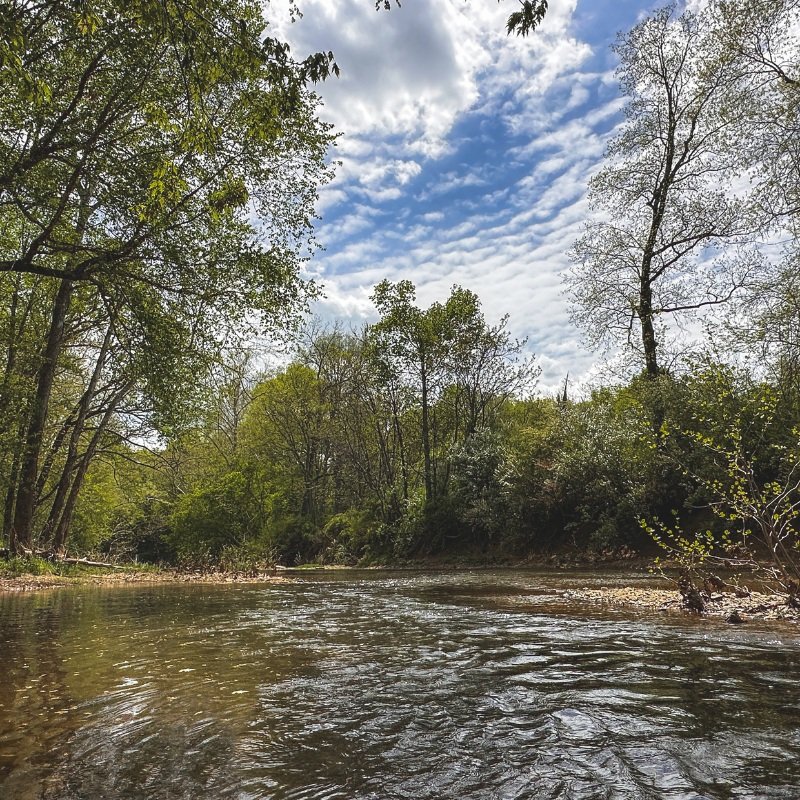Clean water and cattle: a love story along Middle River
/A cattle farmer and soil scientist find a match in life and in clean water
Jeanne Trimble Hoffman is a beef cattle farmer. I am a soil and water conservationist. Many years ago we fell in love, and in 2004 we married.
Can you imagine the dance, with our values during our courtship years?
What resulted is amazing. And today our farm is an embodiment of the blending of our values, producing food and clean water thanks to our use of Best Management Practices.
Jeanne’s farm is located in Swoope, Virginia, in America’s legendary Shenandoah Valley. Middle River, a tributary of the South Fork of the Shenandoah and by extension the Potomac, flows through it. It's one Virginia’s “Dirty Waters” for both E. coli bacteria and sediment pollution. Two unnamed tributaries of the river are born right here, on our farm.
She Wanted More Grass, I Wanted More Buffer
In the beginning, Jeanne, a ninth generation farmer whom I call the Princess of Swoope, wanted more grass for the cattle, and I wanted more riparian buffer for the water. A riparian buffer is a strip of vegetated land along a waterway that reduces pollution, stabilizes shorelines, and is an important part of a healthy aquatic ecosystem.
Now, twelve years into our marriage and twelve years after we fenced the cows out of the water and planted riparian buffers, we can see that our marriage and the way we farm was truly a blending of our values and respect for each other.
This farm represents a real, on-the-ground example of how agriculture and conservation can work together as one, just like a good marriage.
Photos of Middle River taken by Robert Whitescarver. Before photos taken in 2004. After photos taken in 2016.
Fecal Counts Are Reduced in Half
We can honestly say that this farm produces food and clean water. The proof is in the science.
I sample the river running through our property for E. coli (bacteria found in fecal matter) for the Friends of Middle River.
When the river enters the farm, E. coli counts are consistently over 1,000 colony-forming units (cfu) per 100 ml of water, well above the state standard for safe freshwater of 235 cfu / 100ml.
When the river leaves the farm, only a quarter of a mile downstream, the E. coli counts are reduced in half.
Why? Two reasons.
One, because we've added fences to keep cows out of the water, there is no more direct deposit of manure from our cows on our farm.
Secondly, since we've planted a riparian buffer that drops leaves into the water and because of the shade, there is an emerging aquatic ecosystem that processes in-stream pollution. You can read more about this here.
Open-Space Easements, BMP’s Produce Clean Water
We wouldn’t have been able to achieve these pollution reductions without making improvements to the farm.
We cannot have clean water without healthy farmland, and healthy farmland is achieved by installing Best Management Practices (BMPs) to the land.
Riparian buffers, bio-engineering practices to stabilize eroding banks, stream exclusion of livestock, rotational grazing, all working together produces clean water, pollinator corridors, and food.
In addition to installing BMPs on the property, Jeanne has also taken steps to permanently protect the farm from future threats. She believes in protecting her healthy farmland forever, and has been able to do that by placing a conservation easement on the property. The farm will live on for generations to come.
Our marriage and farm are a testament to the fact that farmland can be productive and produce clean water, and we hope that other farmers can learn from our experience on Middle River as we all work toward a healthy and restored Potomac and Chesapeake Bay.
Interested in Land Conservation?
Potomac Conservancy works one-on-one with local landowners like Bobby and Jeanne to protect and restore river friendly lands in the Potomac region.
If you are interested in learning more about how to protect or restore your land through Best Management Practices or with a conservation easement contact Tracy at 540-667-3606 or lind@potomac.org in our Winchester, Virginia, office.























Our community power protected this 1700-acre property a decade ago. Now our Potomac River region is healthier and more resilient because of this easement. This land is forever preserved for future generations to enjoy and recreate on.